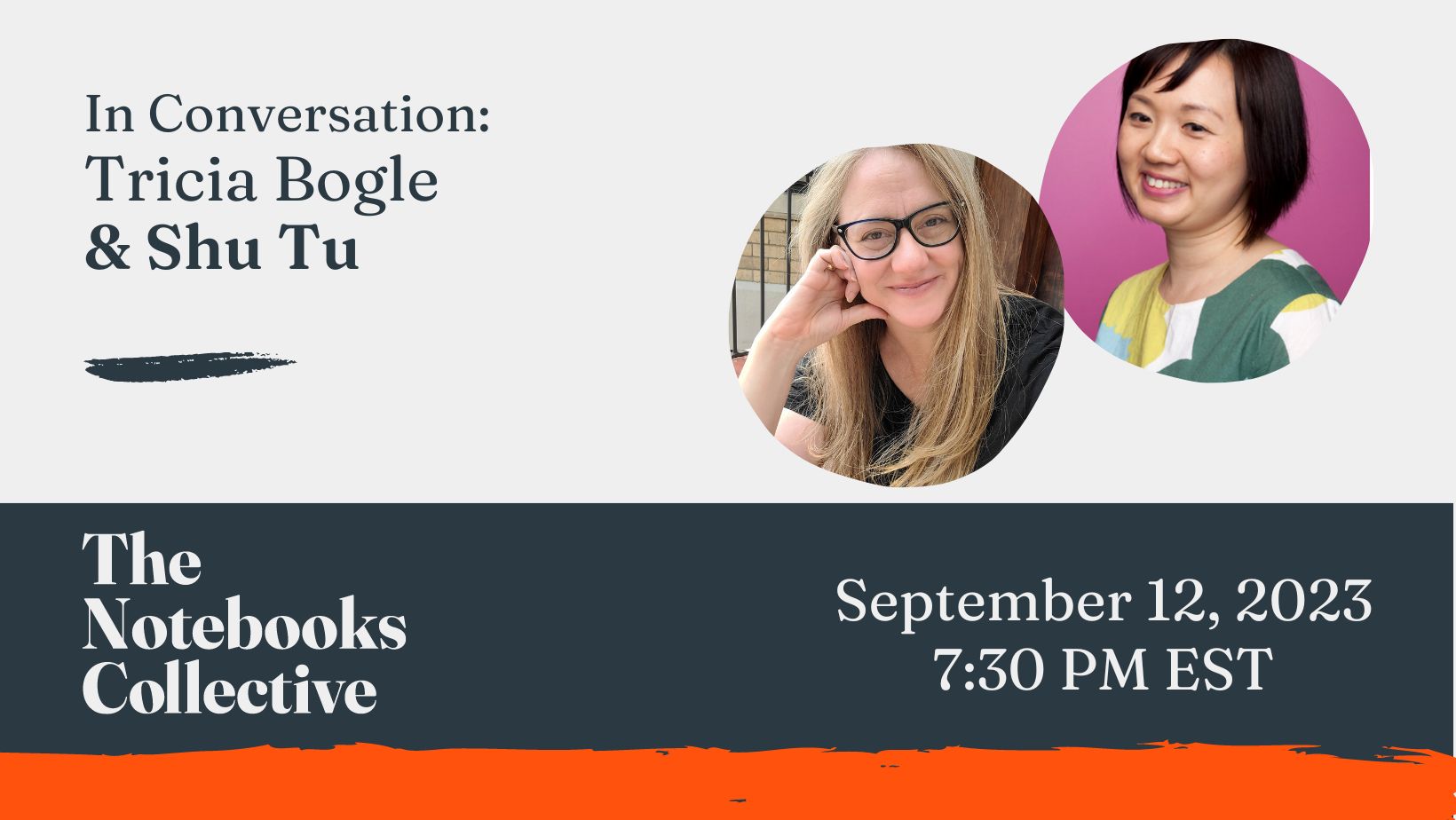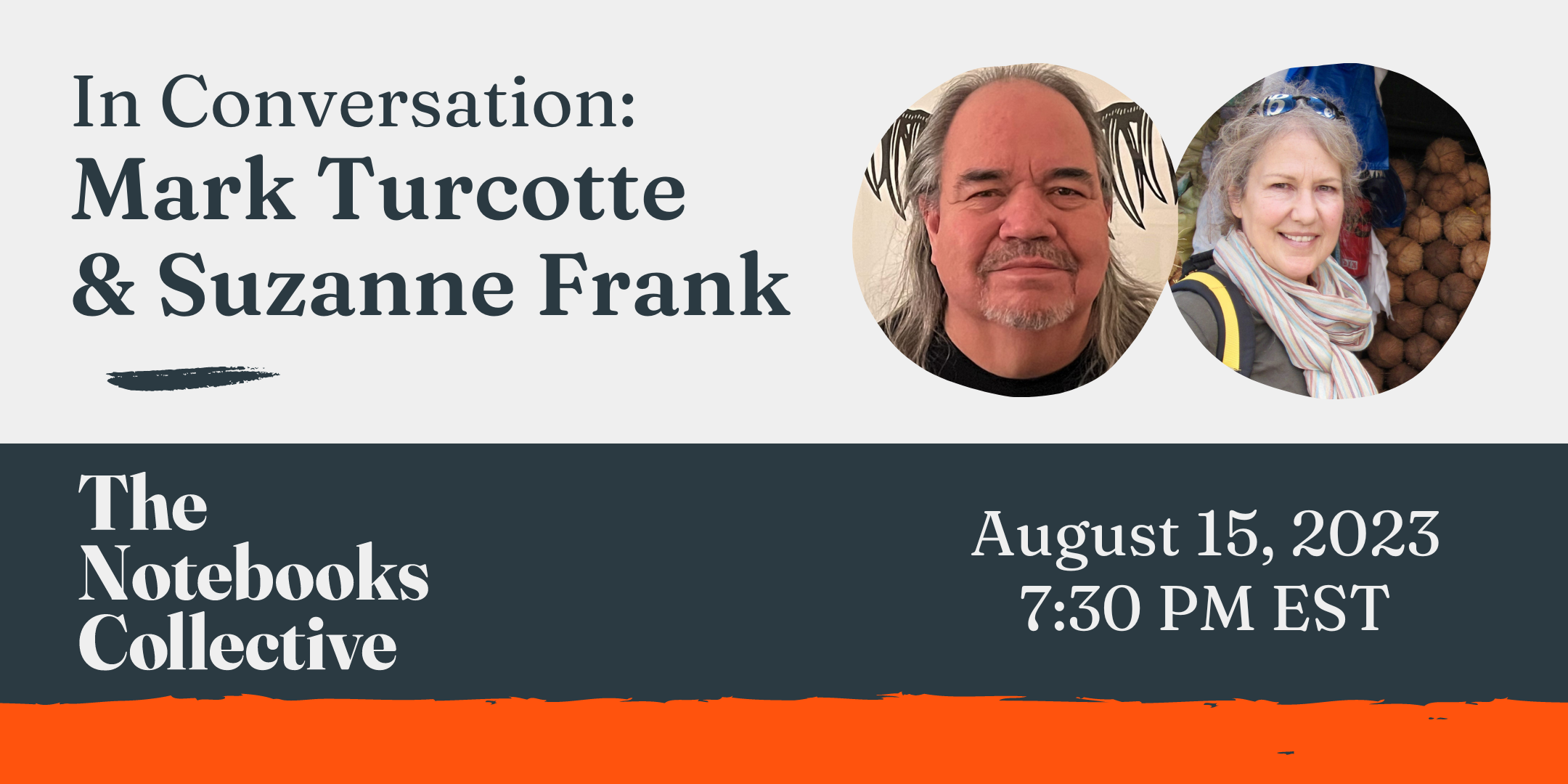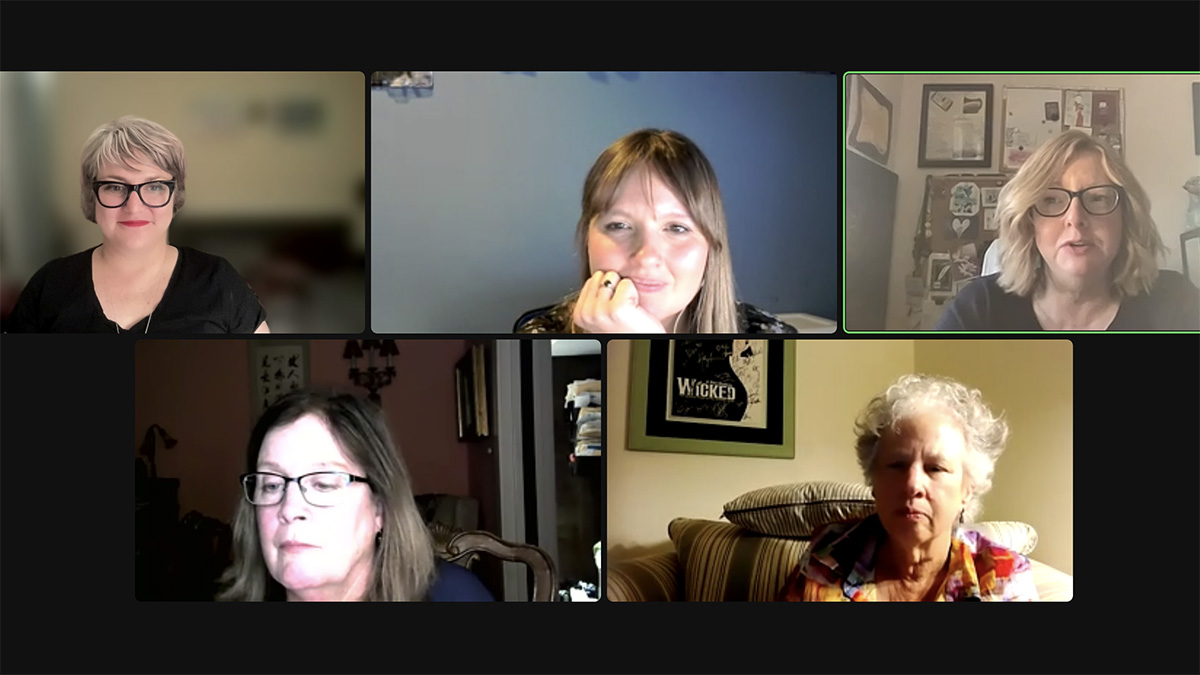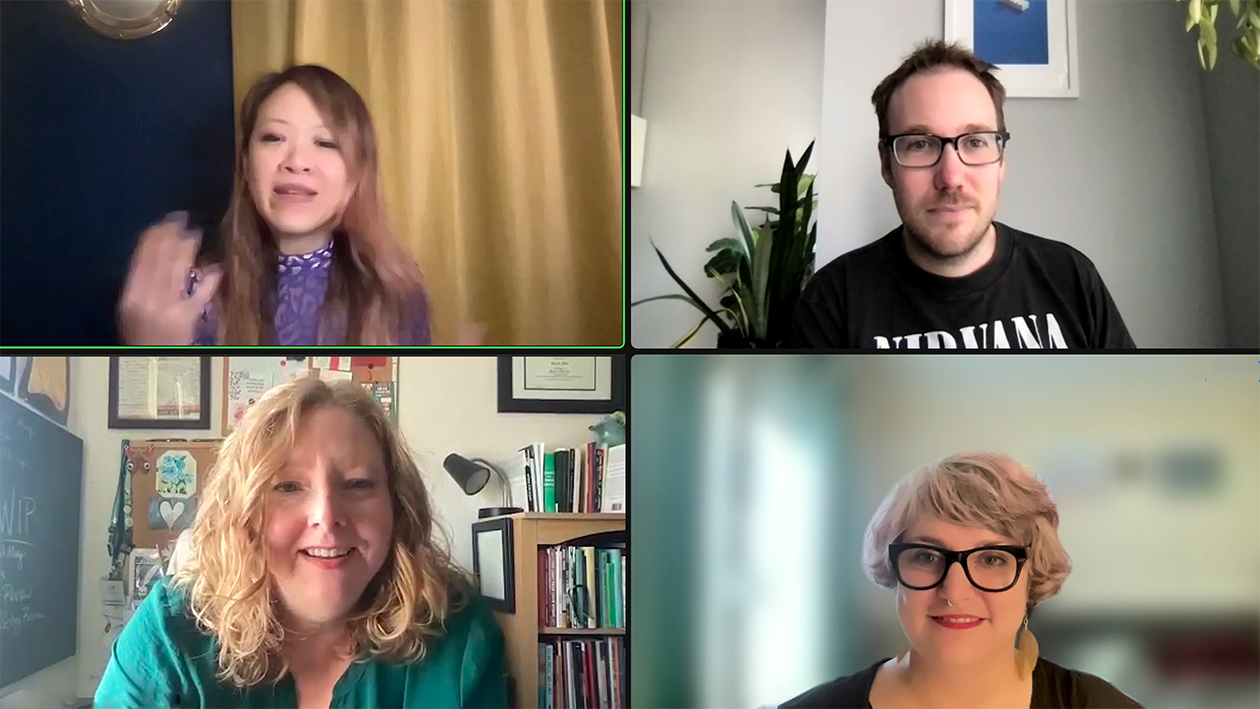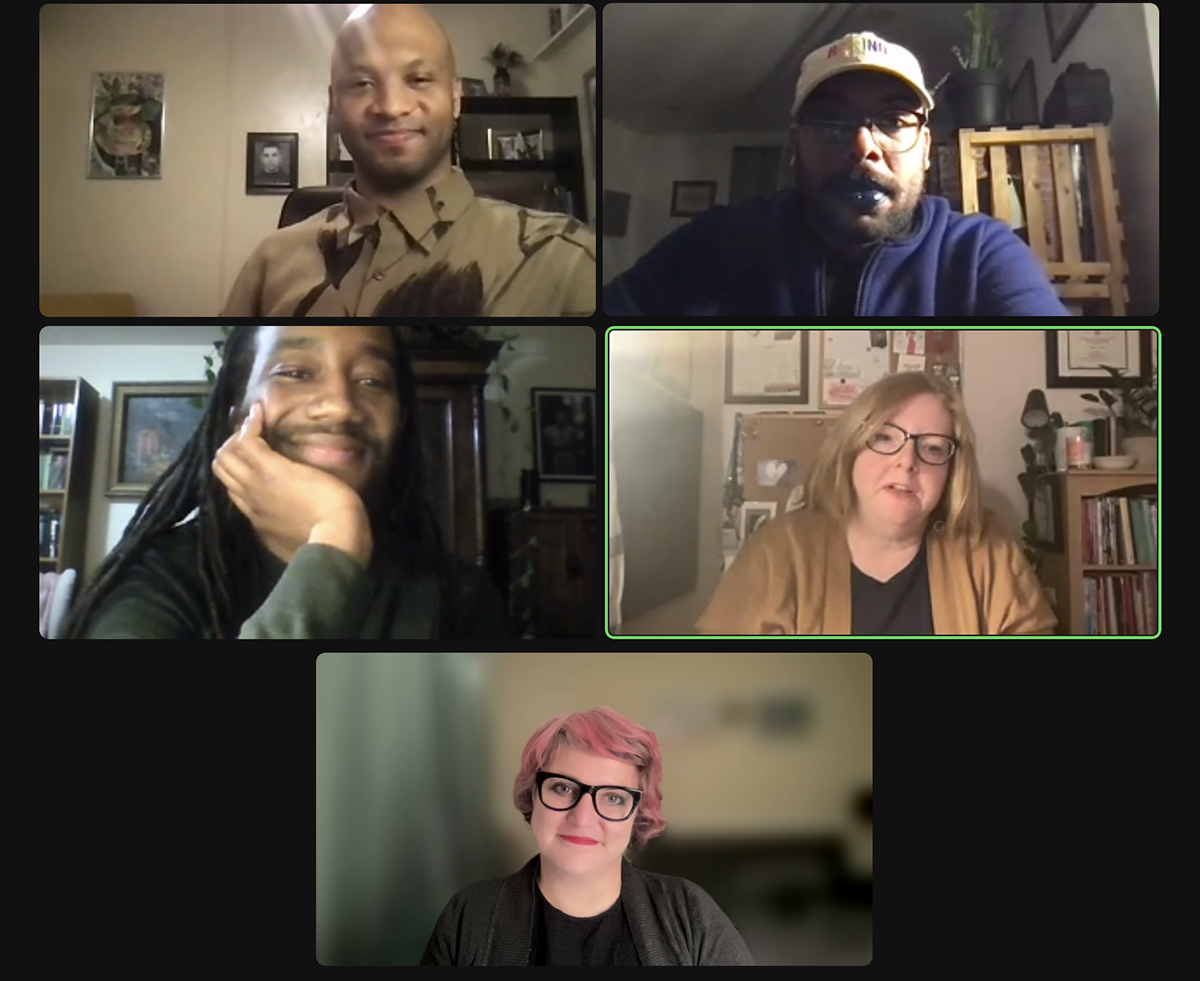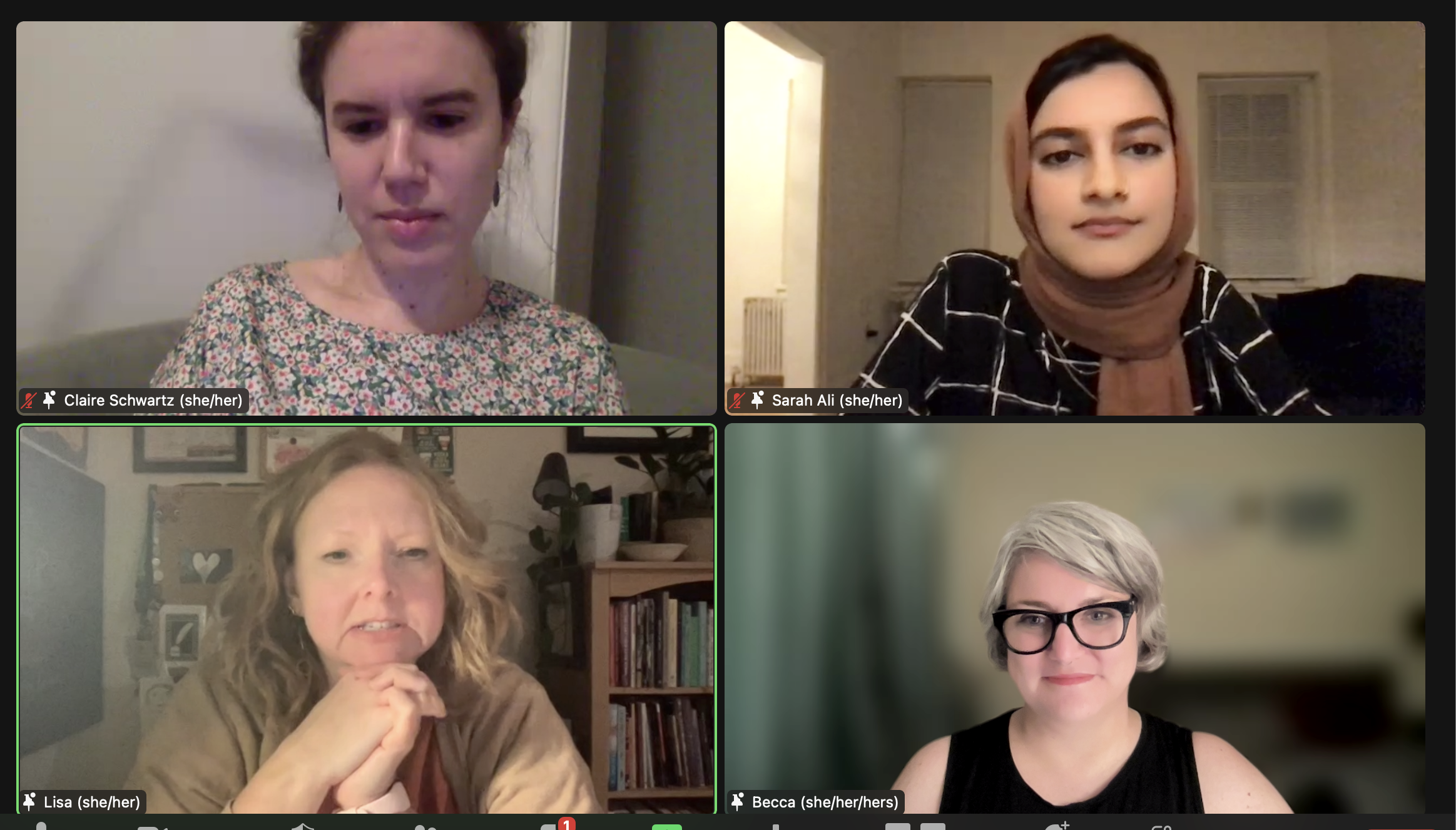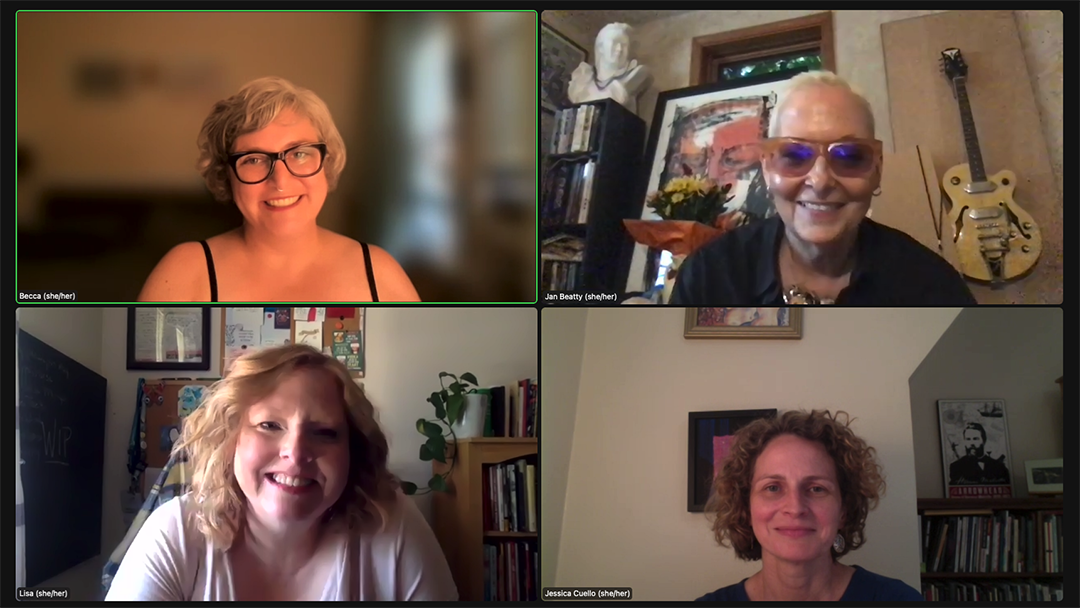In Conversation: Tricia Bogle & Shu Tu
September 12, 2023 @ 7:30 pm – 9:00 pm EDT
Poet Tricia Bogle and Artist Shu Tu will discuss their current ekphrastic exhibit, In a Garden of Small Dreams: Art + Poetry in Conversation, at the Hamilton Grange branch of the New York Public Library. Learn more about this poet and artist in the bios below.
Free
About Shu Tu
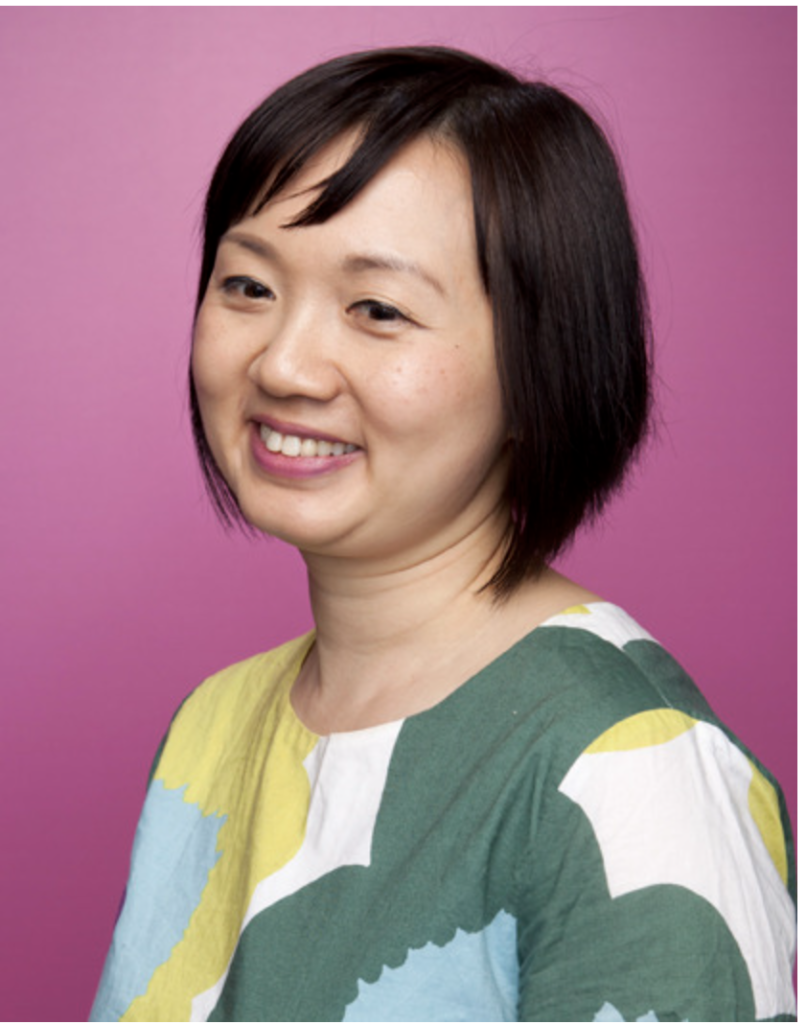
Shu Tu has earned her Bachelor of Fine Arts degree from Parsons School of Design and studied fashion accessories at the Cordwainers, London College of Fashion. For over 25 years, she held positions as a creative director and leader in the advertising and beauty industries. In recent years, she has expanded her work as an artist. This journey has enabled her to produce deeply personal work that communicates her story through multiple mediums, including traditional and digital art, floral arrangement, ceramics, and metalsmithing.
Shu is currently residing in Upper Manhattan. You might often spot her in the company of her children, Ander and Percy, engaging in the silliest conversations and sharing the wildest laughter.
www.shutucreative.com | hello@shucreative.com | IG @beingshu2
About Tricia Bogle
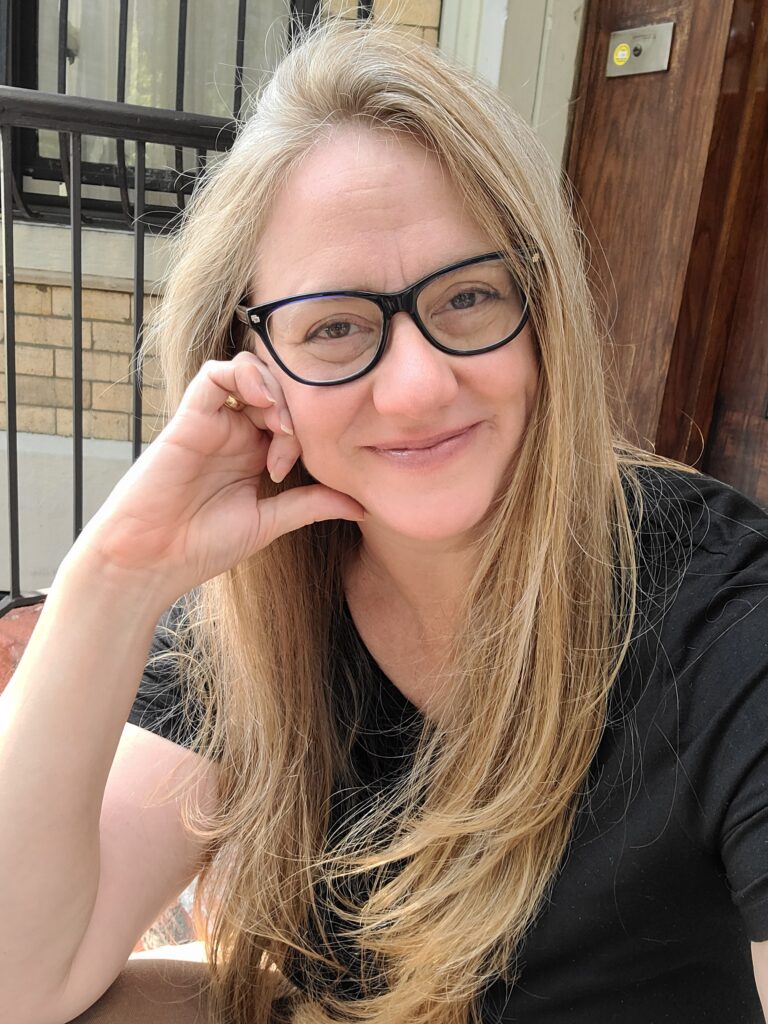
Tricia Bogle (Trish) has called NYC home since 1991. She holds a BA in Creative Writing & Philosophy from Loyola Baltimore, and an MA and PhD (in Political Theory and Philosophy) from Fordham University. For over two decades, she taught advanced courses in Writing, Philosophy, Bioethics, Political Science, and Great Books at various institutions, including Montclair State University, Stevens Institute of Technology, Fordham University, and the Johns Hopkins University CTY program.
In recent years she has expanded her work as a poet, exploring many of the same themes through poetry that engaged her for decades as an academic philosopher. Trish currently lives and writes in Washington Heights, and can often be spotted in Highbridge Park, watching the sunrise over the Bronx while sipping café con leche and reading translations of Basho out loud to the trees.
boglepoetry@gmail.com | IG & Twitter @boglepoetry
